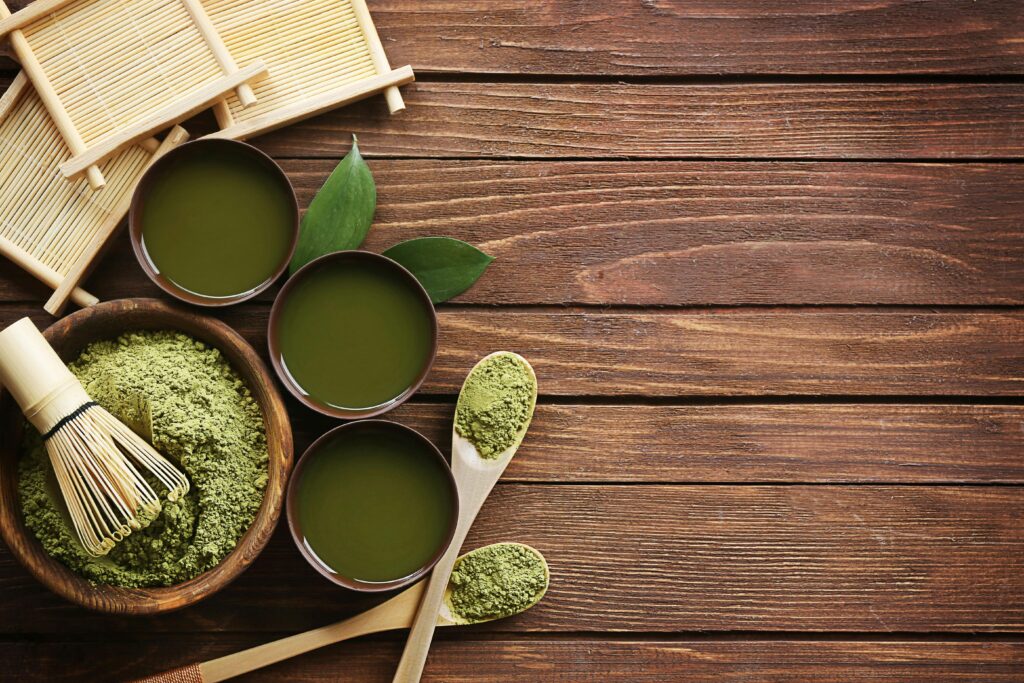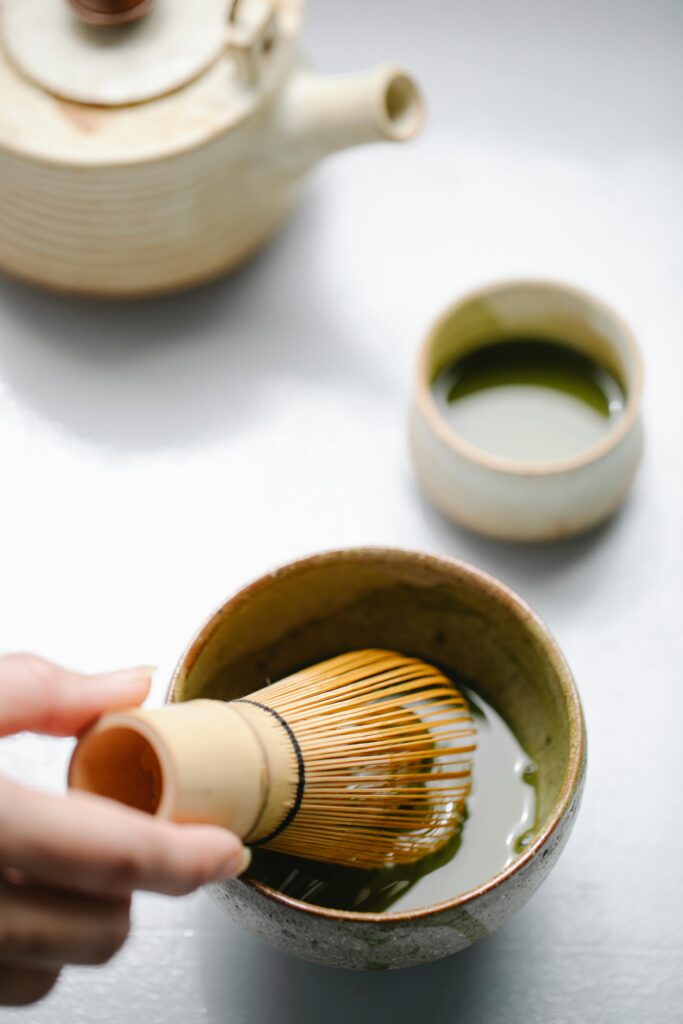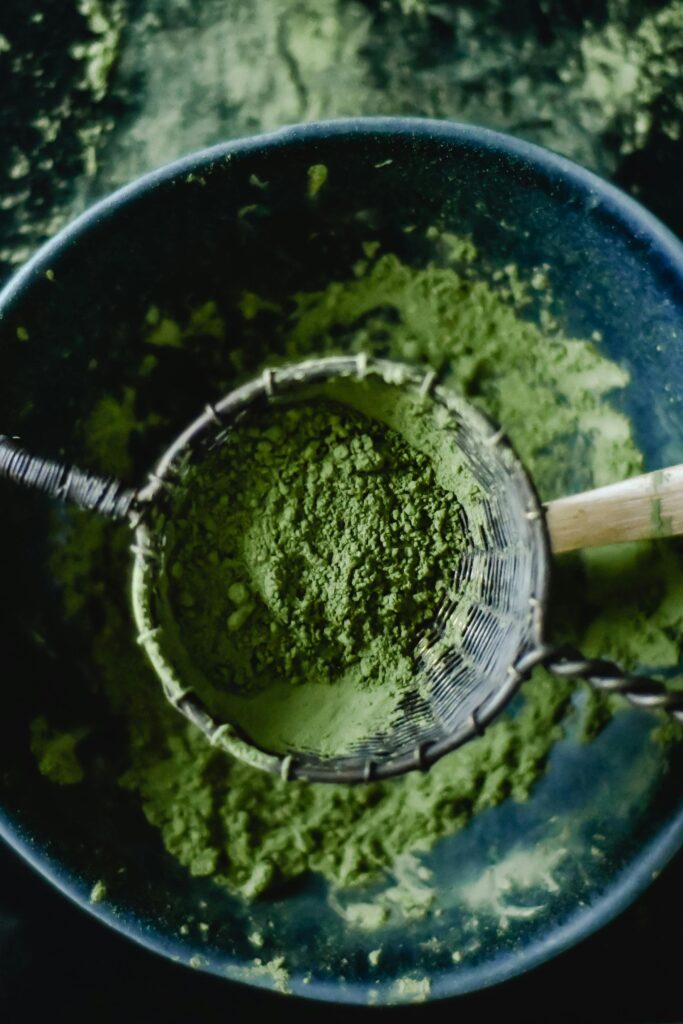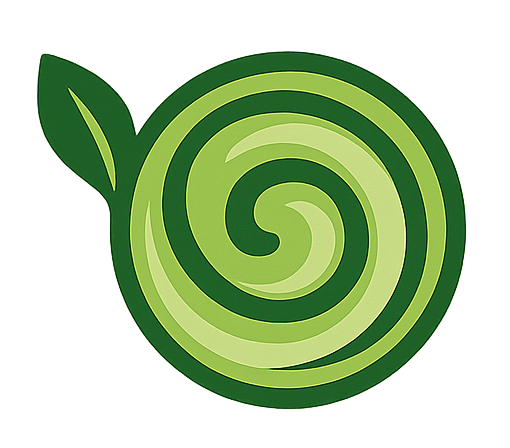Are you a Matcha seller? Join as a Vendor
Non-GMO Project Verified is a third-party certification that tests ingredients and supply chains to prevent GMO contamination through a 3-6 month process.
There are no results matching your search
There are no results matching your search Reset filters?
Non-GMO Project Verified is a third-party certification that confirms products meet rigorous standards for avoiding genetically modified organisms. This science-based program uses ingredient-level testing at ISO 17025 accredited laboratories to verify products contain no GMO contamination above strict action thresholds.
The certification follows a structured approach starting with application submission and documentation review. Technical staff audit ingredient sourcing, supply chain practices, and production methods. High-risk ingredients like corn, soy, and sugar undergo genetics-based testing at critical control points. Companies must demonstrate traceability and segregation protocols throughout their supply chain.
Annual evaluations maintain certification validity. The process typically takes 4-8 weeks depending on supply chain complexity and documentation completeness. Brands receive authorization to display the distinctive Non-GMO Project Verified seal after meeting all requirements.
Laboratory testing focuses on high-risk crops where commercial GMO cultivation occurs. These include canola, sugar beets, zucchini, yellow squash, papaya, and potato varieties. Testing happens at ingredient level rather than finished products for accuracy and efficiency.
The program maintains proprietary action thresholds for GMO contamination levels. Companies must implement robust segregation practices and maintain detailed records to minimize contamination risk. This approach ensures consistent quality control across diverse product categories.
Over 30% of food and beverage retail sales in North America now come from Non-GMO Project Verified products. For matcha brands, this certification builds consumer trust in product purity and traditional agricultural practices. It complements organic certifications by adding ongoing testing requirements.
Tea leaves, matcha powder, and herbal products qualify for verification when sourced through compliant supply chains. The program’s comprehensive traceability requirements suit complex agricultural supply chains common in tea production. Brands pursuing this certification demonstrate commitment to GMO avoidance and transparency.
Annual renewal requirements ensure ongoing compliance as supply chains evolve. This creates lasting assurance for consumers seeking traditional, unmodified agricultural products in an increasingly complex food system.





Join our mailing list to receive updates and exclusive tips.
There are no results matching your search